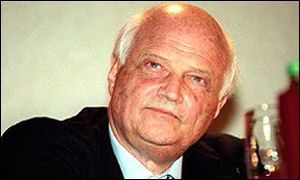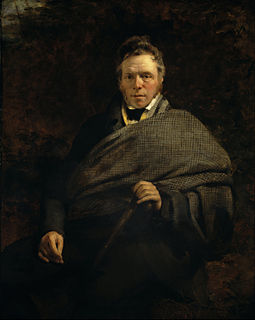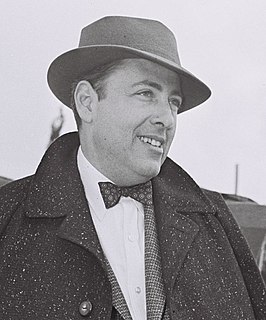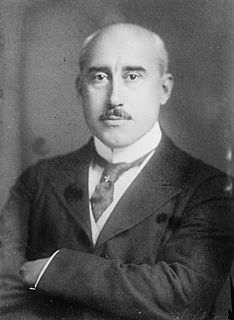A Quote by Oliver Goldsmith
The youth who follows his appetites too soon seizes the cup, before it has received its best ingredients, and by anticipating his pleasures, robs the remaining parts of life of their share, so that his eagerness only produces manhood of imbecility and an age of pain.
Related Quotes
What is now happening to the people of the East as of the West is like what happens to every individual when he passes from childhood to adolescence and from youth to manhood. He loses what had hitherto guided his life and lives without direction, not having found a new standard suitable to his age, and so he invents all sorts of occupations, cares, distractions, and stupefactions to divert his attention from the misery and senselessness of his life. Such a condition may last a long time.
None has more frequent conversations with a disagreeable self than the man of pleasure; his enthusiasms are but few and transient; his appetites, like angry creditors, are continually making fruitless demands for what he is unable to pay; and the greater his former pleasures, the more strong his regret, the more impatient his expectations. A life of pleasure is, therefore, the most unpleasing life.
Jesus Christ was the only one capable of performing the magnificent Atonement because He was the only perfect man and the Only Begotten Son of God the Father. He received His commission for this essential work from His Father before the world was established. His perfect mortal life devoid of sin, the shedding of His blood, His suffering in the garden and upon the cross, His voluntary death, and the Resurrection of His body from the tomb made possible a full Atonement for people of every generation and time.
Let us fill a cup and drink to that most noble, ridiculous, laughable, sublime figure in our lives... The Young Man Who Was. Let us drink to his dreams, for they were rainbow-colored; to his appetites, for they were strong; to his blunders, for they were huge; to his pains for they were sharp; to his time for it was brief; and to his end, for it was to become one of us.
Whatever the situation may be, in the recollection of death there is reward and merit. For even the man engrossed in the world benefits from it by acquiring an aversion to this world, since it spoils his contentment and the fullness of his pleasure; and everything which spoils for man his pleasures and his appetites is one of the means of deliverance.
She knew that it would not be easy to submit to his miserliness, or the foolishness of his premature appearance of age, or his maniacal sense of order, or his eagerness to as for everything and give nothing at all in return, but despite all this, no man was better company because no other man in the world was so in need of love.
So near are the boundaries of panegyric and invective, that a worn-out sinner is sometimes found to make the best declaimer against sin. The same high-seasoned descriptions which in his unregenerate state served to inflame his appetites, in his new province of a moralist will serve him (a little turned) to expose the enormity of those appetites in other men.






































